Learning models have remained unchanged in the last 150 years, based primarily on the rigid classroom model. Edtech could change this and become the largest and most profitable digitalized sector in the history of the world as new technologies begin to transform learning models.
As platforms and distribution grow, the market for education technology will also increase. 86% of teachers believe using technology in the classroom is essential. 96% of students also agree.
Teachers need to be aware of the latest trends in education and those that are coming up. This article explores seven trends educators must consider in the tech industry.
Data-Driven Institutions
Data and big data have become more important to companies across all industries in an increasingly customer-centric world. Data is helping universities, colleges, and training providers to improve retention and student performance.
Saint Louis University is a good example. To target prospective students and drive enrollments, they looked at the most recent 3-year graduating class and found those who had high satisfaction scores.
They found that nearly half of the students with the highest satisfaction scores were concentrated in three majors: business, healthcare, and STEM.
The university used this data to target students in new and existing geographic markets that matched the profile of recent graduates who were the most satisfied. Admissions Officers analyzed over 120 data points to find points of overlap with what students want and how Saint Louis University has been successful. This resulted in five of the largest first-year classes in university history and an increase of 71% in graduation rates.
Using big data, educators can identify areas where they have fallen behind and offer valuable solutions for their students. Data-driven decisions can help tailor educational offerings to specific demographics.
Digital curriculum
According to Schoology, the digitization curriculum is educators’ second most important priority.
Access to digital resources has become more of a necessity than a luxury as students have access to progressively more devices. Learning Management Systems (LMS) are proving to be a vital tool in encouraging the digitalization of education while offering significant long-term savings, especially for corporate environments.
Interactive digitized curricula will provide flexibility and accessibility as society increasingly becomes multi-device oriented. Digital education is the future of tomorrow. It will deliver the best results, making it vital to include it in any educational offering.
The University of Northampton is a UK-based institution leading in implementing e-learning into its curriculum. The University of Northampton’s new teaching method is based on a brand-new initiative called ‘active blended learning.’ It aims to enhance face-to-face education with online learning.
The new Waterside Campus has no large lecture halls. Instead, it digitizes much of its content to offer students a more personalized, convenient, and meaningful learning environment.
Immersive Learning
Immersive Learning offers tremendous learning potential as VR and AR develop.
VR and AR technologies can simulate real-life scenarios or situations, far more valuable than traditional classrooms.
More educational institutions use Google Earth VR, Google Expeditions, and other platforms to enhance their offerings.
Teachers use VR innovations such as Titans of Space to provide a virtual solar system tour. One million students are now using Google Expeditions as more and more institutions use it to deliver digital field trips.
The concept of VR and AR learning is relatively new. However, those who adopt the technology early will attract valuable students to their institution and see positive results. This type of technology places the learner at the center of a concept or task that they would typically only be able to handle on screen or paper.
With the help of VR headsets, it is possible to improve distance learning results, inspire design-based creativity, and even teach complex philosophical ideas.
Mobile tech
Higher education is increasingly mobile, virtualized, and geographically distributed. This allows organizations to be more productive, collaborative, and readily available.
The use of mobile technology can provide instant gratification, both in the classroom and for extracurricular activities. It also increases resource demands and expectations from today’s digital students. Mobile technology offers a variety of possibilities, expanding the use cases of how and where users can consume and learn information. This allows institutions to understand user behavior better.
Many top universities and educational institutes have developed mobile apps in recent years to improve the academic life of their students and faculty.
The University of Salford has come up with a clever idea. The Manchester-based university launched its Tinder-style app over a year ago to harness the power of mobile technologies and their growing popularity among students. Match Made in Salford was created to make the clearing process more enjoyable and reassuring by helping students find their dream course using Tinder-like features.
This personal approach to course recruitment has been a great success. It increased website engagement by more than 250% and the offers made by clearing by 28%. The mobile app won the award for the best Mobile App and the Europe-wide Digital Communication Awards in 2016.
Personalization
Data and analysis will allow institutions to learn more about students, personalize learning experiences and make them more valuable and engaging for each student. The ease with which educators can gather data and the variety of tools available is on the rise.
74% of consumers are frustrated by content that does not match their interests. The same is true for students with busy lives and limited attention spans. Data will allow us to focus more on how students define their goals and educational paths based on data from their learning journeys. If the pace of the learning is adapted to each individual, they will all have the time to demonstrate mastery.
Here are the three best applications educators can use to facilitate personalized learning.
Seesaw: This platform is a student digital portfolio that includes several creative tools and provides a valuable audience to showcase their work.
Code.org: This robust development is based on the idea that every student should be able to grasp the basics of computer science. It offers open-ended tutorials and a complete curriculum for personalized learning.
WeVideo: WeVideo is an accessible online video editor that can be used to build portfolios of visual content for students.

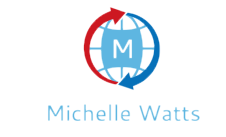


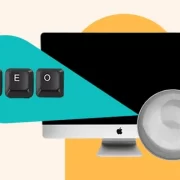
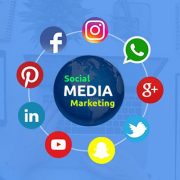


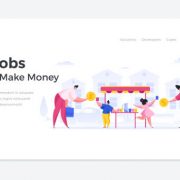
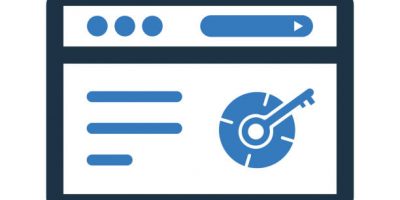
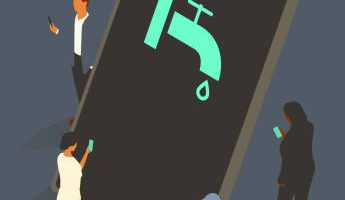





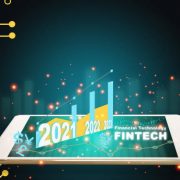


Comments